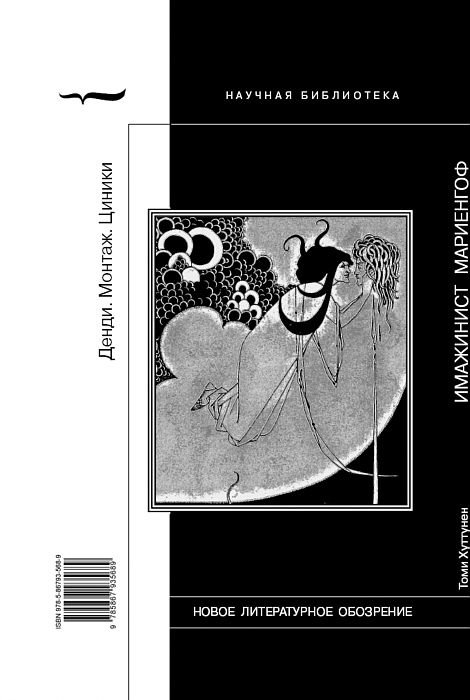"Имажинист Мариенгоф: Денди. Монтаж. Циники" - читать интересную книгу автора (Хуттунен Томи)
SUMMARY
The study is dedicated to the Russian poet and prose writer Anatolii Borisovich Mariengof (1897–1962). Mariengof — „the last dandy of the Republic“ — was one of the leaders and main theoreticians in the poetic group of the Russian Imaginists. For his contemporaries, he was an Imaginist par excellence. His Imaginist principles — in theory and practice — are applied to the study of his first fictional novel, Cynics (1928), which served as an epilogue for his Imaginist period (1918–1928). The novel was not published in the Soviet Union until 1988.
The method used in the study is a conceptual and literary historical reading, making use of the contemporary semiotic understanding of cultural mechanisms and of intertextual analysis. There are three main concepts used throughout the study: dandy, montage and catachresis. In the first chapter, the history, practice and theory of the Russian Imaginism are analyzed from the point of view of dandyism. The Imaginist theatricalisation of life is juxtaposed with the thematic analysis of their poetry, and Imaginist dandyism appears as a catachrestic category in culture.
The second chapter examines the Imaginist poetic theory. It is discussed in the context of the montage principle, defining the post-revolutionary culture in Soviet Russia. The Imaginist montage can be divided into three main theoretical paradigms: S. Yesenin's „technical montage“ (reminiscent of Dadaist collage), V. Shershenevich's „nominative montage“ (catalogues of images) and Anatolii Mariengofs „catachrestic montage“.
The final chapter deals with Mariengofs first fictional novel, Cynics. The study begins with the complex history of publication of the novel, as well as its relation to the Imaginist poetic principles and to the history of the poetic movement. Cynics is, essentially, an Imaginist montage novel. The fragmentary play of the fictional and the documentary material follows the Imaginist montage principle. The chapter concludes in a thematic analysis of the novel, concentrating on the description of the October Revolution in Cynics.
 |
| © 2025 Библиотека RealLib.org (support [a t] reallib.org) |